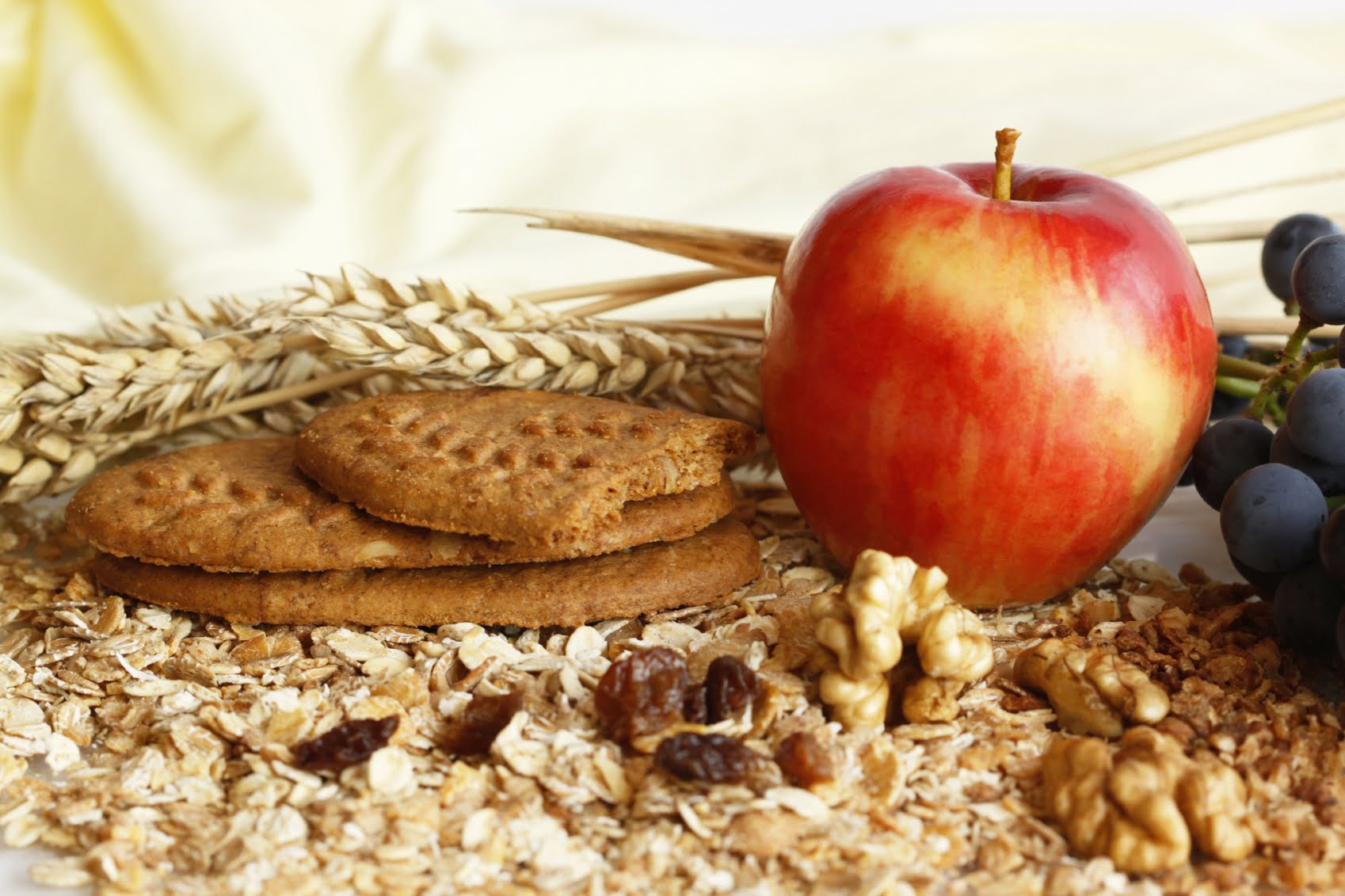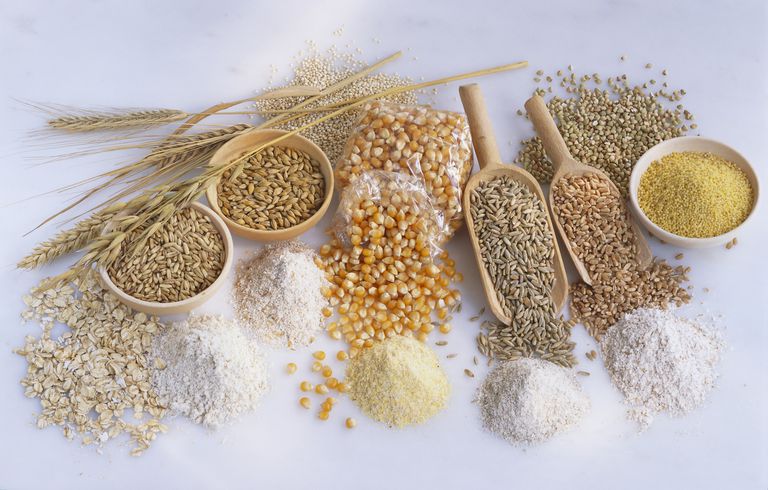“Include whole grains, legumes, whole fruit, leafy vegetables in your diet.” You must have heard this before. Do you know why? One important reason is that it contains fibre.
Dietary fibre is also known as ‘roughage’. It is probably known to prevent or relieve constipation.
What is Dietary Fibre?
Dietary fiber is an edible component of plant-based food.
It is a type of carbohydrate that the intestine cannot digest or absorb. It passes relatively intact through your stomach, intestine, and colon and out of your body. Complete or partial fermentation of fiber takes place in the intestine.
Depending on solubility, fibers are categorized as soluble fibre and insoluble fibre.
Soluble Fiber :
Soluble Fibre is a component of dietary fiber. It forms a gel-like consistency when mixed with water.
- Soluble Fibre delays gastric emptying.
- It increases transit time through the intestine and decreases nutrient absorption.
- It helps to lower blood cholesterol and glucose levels.

4. Pectin, Gums, Mucilage s are component of dietary fiber which are soluble type. Examples are oats, peas, beans, gum, apple, citrus fruits, carrot barley legumes etc
Insoluble fiber:
Cellulose, Hemicellulose, lignin are components of dietary fibre that are not soluble in water.
- It decreases (speed up) intestinal transit time and increases stool bulk. So it can be beneficial to those who struggle with constipation.
- Whole Grains, whole wheat flour, bran, nuts, beans, mature root vegetables like carrot are good sources of insoluble fibre.

But most plant-based food contains both soluble as well as insoluble fiber.
Examples are whole grain, oatmeal, beans, etc. The amount of soluble and insoluble fiber varies in different foods.
Highly processed food contains less fiber unless it is fortified.
For example bakery products, fruit juices etc.
Food of animal origin does not contain any fiber.
Dietary fiber has amazing health benefits.

- It adds bulk to the diet, making fill full faster. This reduces meal size and food intake. This is helpful in managing weight.
- The inclusion of fiber has been shown to retard the absorption of some nutrients. The inclusion of viscous fibers reduces postprandial glucose level concentration. Raised blood sugar levels are becoming a common occurrence now, Guar gum and pectin ingestion have been established to be helpful in reducing these levels to a great extent.
- Fiber lowers the total and LDL cholesterol hence reducing the risk of heart disease.
- They play an important role in maintaining the integrity of the gut.
- Dietary fiber balances pH and stimulates intestinal fermentation, the production of short-chain fatty acids. This influences gut microbiota ( the community of microorganisms themselves) and is related to better health. This may also reduce the risk of colorectal cancers.
6. They add bulk to the stool. It alleviates constipation.
7. Dietary fiber speeds up the passage of food through the digestive system which facilitates regularity.
Considering all these benefits, someone may have a query how many calories will it give? And the answer is ZERO.
How much Fibre is sufficient?
As per RDA, a daily fiber intake should be 30-40 gm/day or 14 gm per 1000 kcal alternately.
It is always better to take experts’ advice, especially if you are suffering from any GI disorder.








Nice article…..
Thank you! Do stay tuned in to read more articles from experts.